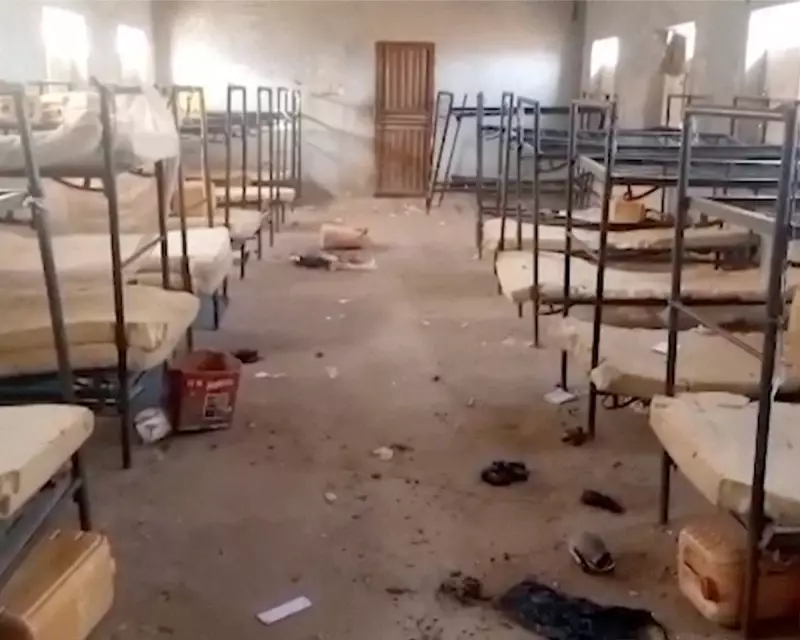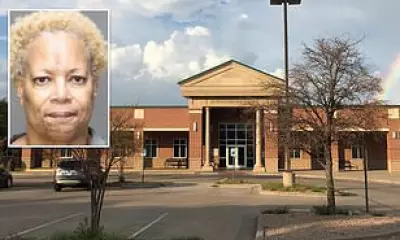
In a significant development, Nigerian President Bola Tinubu has announced the successful rescue of all 24 schoolgirls who were abducted by gunmen from a secondary school in the northwestern part of the country.
The Kebbi School Abduction
The incident began on 17 November, when assailants stormed the Government Girls Comprehensive secondary school located in Maga town, Kebbi state. A total of 25 girls were initially taken from the school. However, one of the abducted students managed to escape her captors on the same day, leaving 24 in the hands of the gunmen.
Musa Rabi Magaji, the principal of the primarily Muslim school, confirmed the details to the Associated Press. He stated that while all the girls had been released, they remained in the custody of authorities for the time being, with no immediate information available on their physical or mental condition.
A Wave of Kidnappings and the Rescue
The attack in Kebbi is not an isolated event. Nigeria has been grappling with a spate of mass abductions. Just days after the Kebbi incident, more than 300 students and staff were abducted from St Mary's school, a Catholic institution in north-central Niger state. Reports indicate that around 50 of those students escaped over the following weekend.
In his official statement, President Tinubu expressed his relief at the outcome. "I am relived that all the 24 girls have been accounted for," he said. He also emphasised the urgent need for enhanced security, stating, "Now, we must put as a matter of urgency more boots on the ground in the vulnerable areas to avert further incidents of kidnapping." The presidential announcement did not provide specific details regarding the rescue operation itself.
Relief for Families and a National Crisis
For the families of the victims, the news brought immense relief. Abdulkarim Abdullahi, whose two daughters aged 12 and 13 were among those taken, shared his emotions. "I am excited to receive the news of their freedom. The past few days have been difficult for me and my family, especially their mother," he said in a telephone interview. He added that he was awaiting information from the government about their wellbeing and was eager to be reunited with his children.
This pattern of school kidnappings has become a defining feature of the insecurity plaguing Africa's most populous nation. Since the infamous Chibok schoolgirls kidnapping over a decade ago, armed gangs have repeatedly targeted educational institutions. Analysts note that these groups, often referred to as bandits, see schools as strategic targets to garner maximum attention. It is estimated that at least 1,500 students have been seized in Nigeria in recent years, with many only released after ransom payments are made.
These criminal gangs, which authorities describe as mostly former herders, have turned kidnapping for ransom into a primary revenue source. They exploit the limited government and security presence in remote communities. While no group has claimed responsibility for the recent abductions in Kebbi and Niger states, the modus operandi points to these well-established bandit networks.
The crisis continues to affect both Christian and Muslim communities across Nigeria. In a separate incident highlighting the widespread nature of the violence, 38 worshippers who were kidnapped during a deadly church attack in Kwara state on 18 November have also regained their freedom, according to the state governor.






